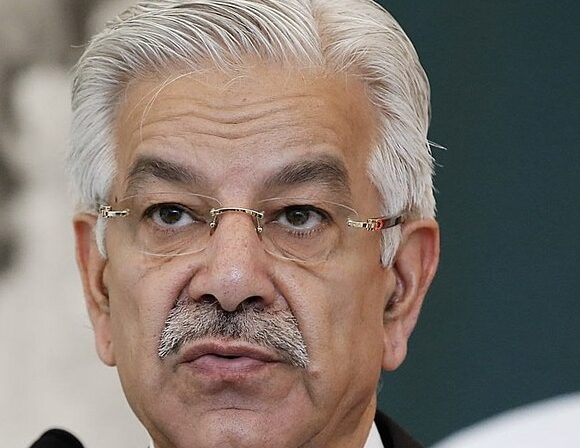
Germany Considers Repatriating Gold Reserves Amid Policy Concerns in U.S.
Germany is seriously weighing the prospect of moving a large share of its gold reserves out of the United States amid rising concerns over the unpredictability of U.S. economic and political policies. Nearly 1,200 tonnes of German gold—around 30% of its total reserves—are currently held in the vaults of the U.S. Federal Reserve in New York, estimated to be worth approximately €113 billion.
This potential shift comes as part of a broader reassessment of foreign asset security, particularly in an era marked by volatile global trade dynamics and shifting alliances.
From Crisis Contingency to Asset Security
Originally, storing gold abroad—especially in the U.S.—was seen as a safeguard during times of crisis, ensuring access to dollar liquidity if needed. But with current geopolitical and economic tensions mounting, German lawmakers and financial authorities are increasingly questioning whether those historic justifications still hold.
U.S. policy unpredictability, especially in the context of international trade and currency controls, has led to growing unease in Berlin over the long-term safety and accessibility of national assets held overseas.
Political Push for Repatriation
Within Germany’s political establishment, particularly among members of the Christian Democratic Union (CDU), there is a renewed push to bring the gold home or at least transfer it to European soil. Proponents argue that greater physical control over national reserves would not only enhance transparency and accountability but also serve strategic interests during times of global instability.
While the Bundesbank has maintained its confidence in current arrangements and repeatedly assured the public of the safety of gold stored abroad, the emerging debate suggests that trust in international custodianship is not as unquestioned as it once was.
A Sign of Strategic Autonomy
Should Germany move forward with repatriation, the decision would mark a significant assertion of financial sovereignty. It would also reflect a growing global trend among countries seeking to reclaim control over critical financial assets in light of shifting geopolitical power balances and unpredictable foreign policy moves.
As deliberations unfold, this step could redefine how nations approach the security and placement of strategic reserves, especially in an increasingly fragmented global economic order.


















